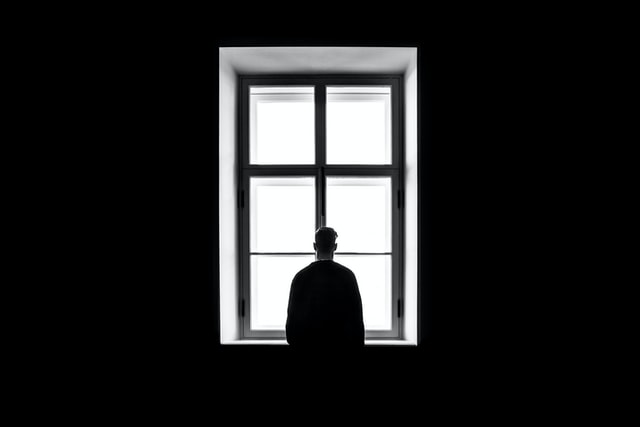Personal relationships never were this hard. The pandemic and globalization have made humans connection and loneliness a new topic that is worth deeper studies. However, even though we are experiencing big changes in the world, we are facing a marriage boom. And this might be related to the trauma we develop due to the quarantine.
Major and important events in the world have caused consequences like this, but why? Trauma and the need for deeper human connection play a big role in this. Many studies suggest that emotions related to collective traumas generate marriage booms.
Is this love an illusion?
There are two sides to the same coin in this particular case. Collective trauma as wars or the pandemic can bring a marriage boom, but there’s more to this. The economic downturn we face result in a higher rate of divorces, making that the other side of the collective traumas. However, there is more to this than just a black and white reaction to hardships.
During these hard times, most of the relationships that ended in marriage, long last. This is the grey part we mentioned. If you started a relationship during a traumatic time or an economic downturn, it most likely will last. This is a consequence that happens when you face distress with your partner. If you are meant to be, you will reaffirm your relationship during this time.
Both of those reactions have a lot to do with our responses to trauma or treats. Nowadays we also need to consider how loneliness and social media affect us and our way to develop relationships. Social relationships are constantly harder and a source of anxiety, so we feel the impulse to tie the knot as soon as possible.
Can we develop real relationships?
I think, and maybe you too, those long-lasting relationships are harder to find than ever. Not only because we don’t know how to separate our digital self and the constant loneliness, but because we are currently isolated. Everything we develop right now is mostly filtered by a digital portrait. And, at some point, we grow to love that portrait more than the real person.





